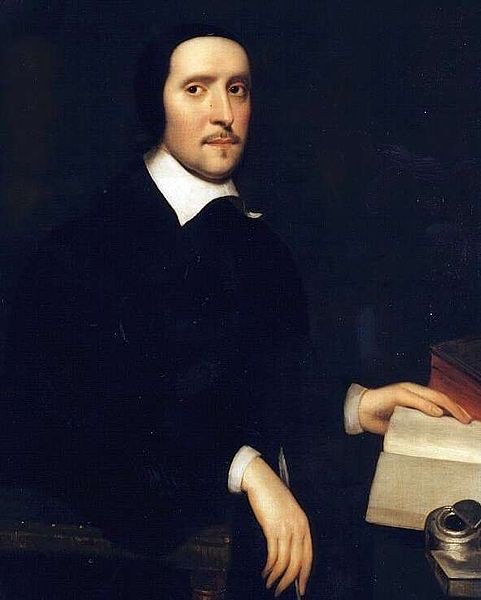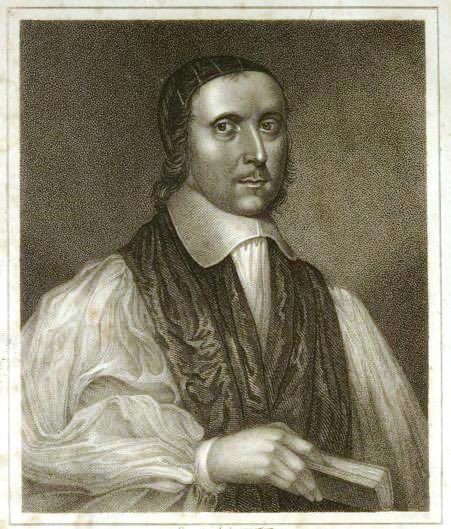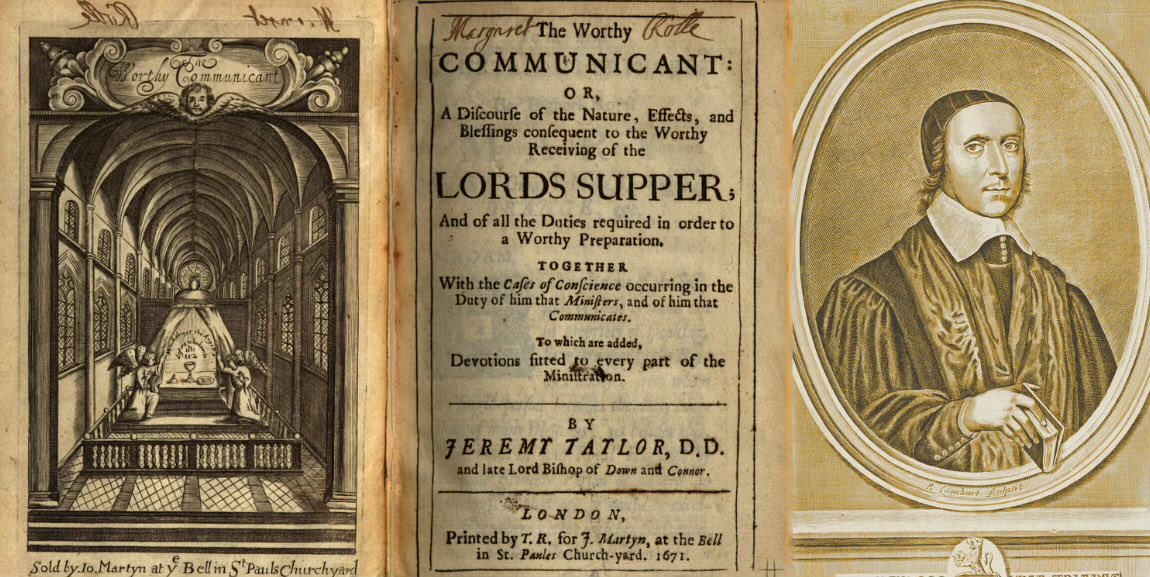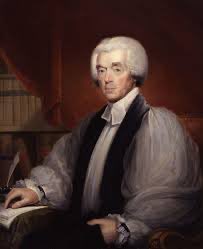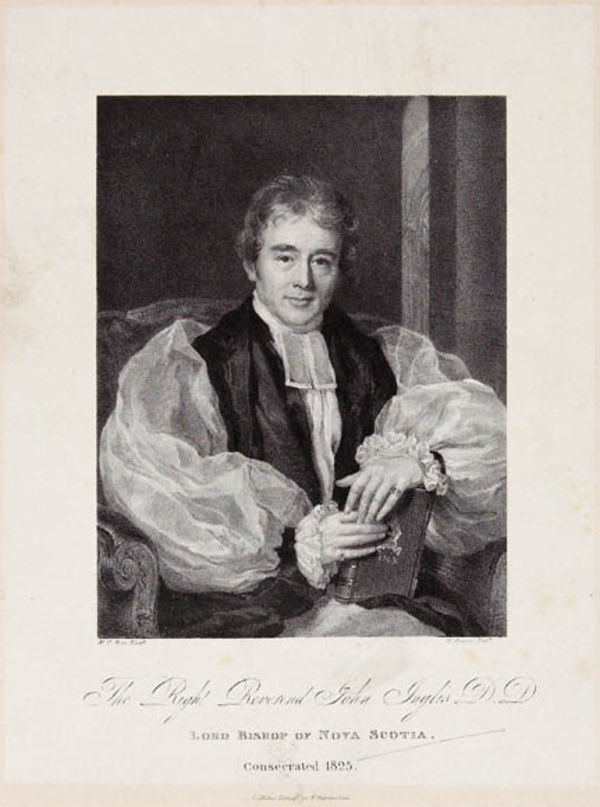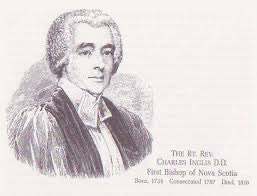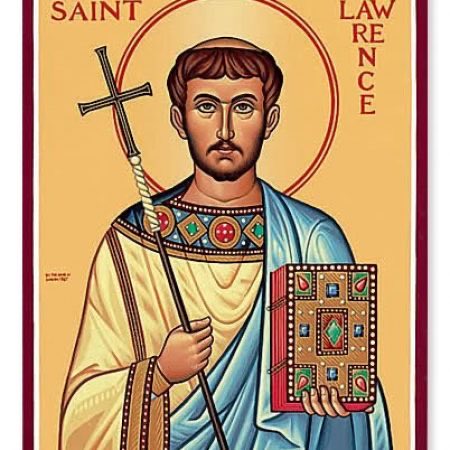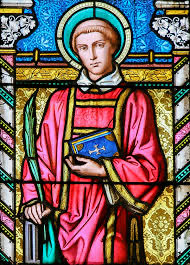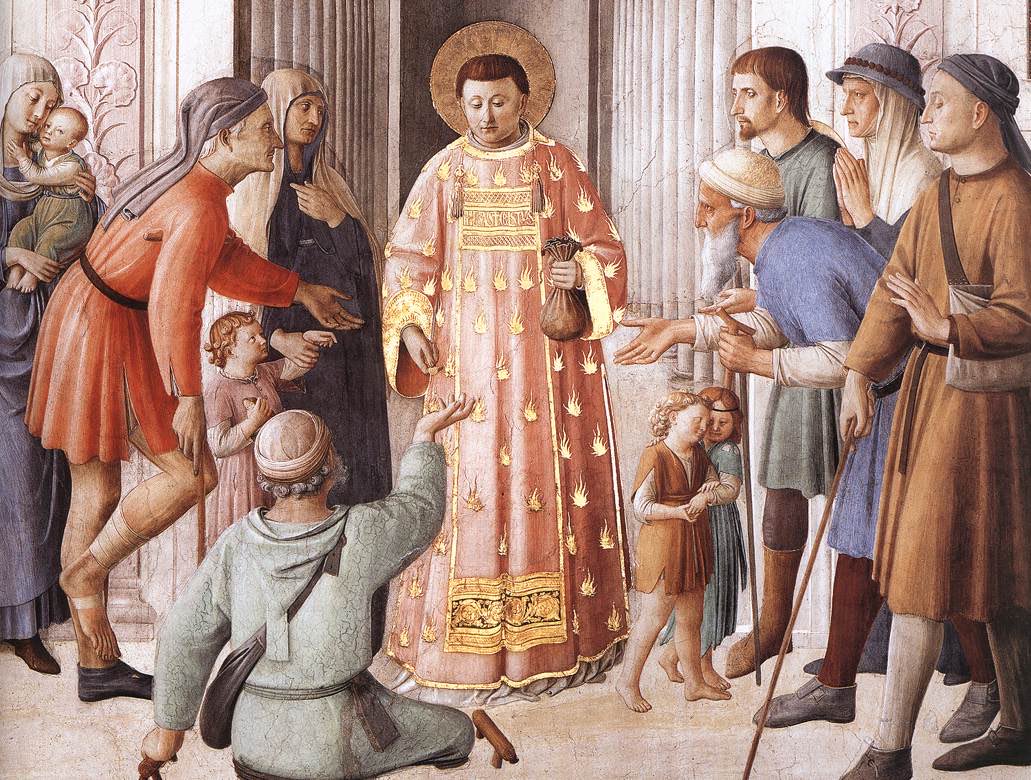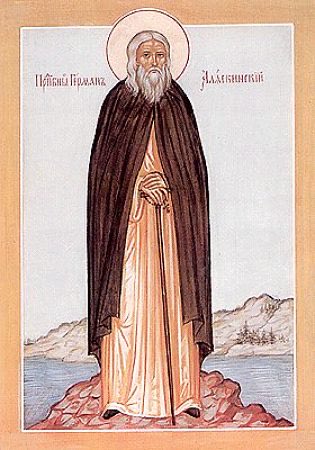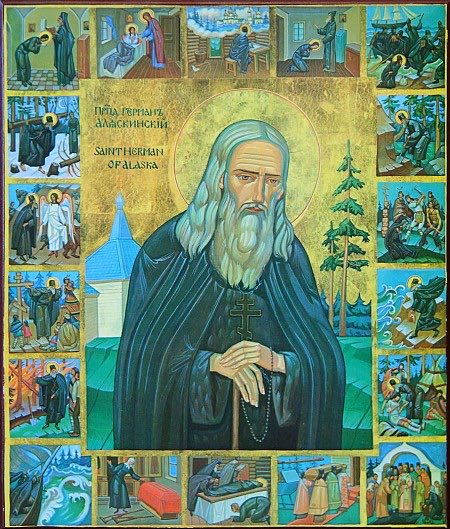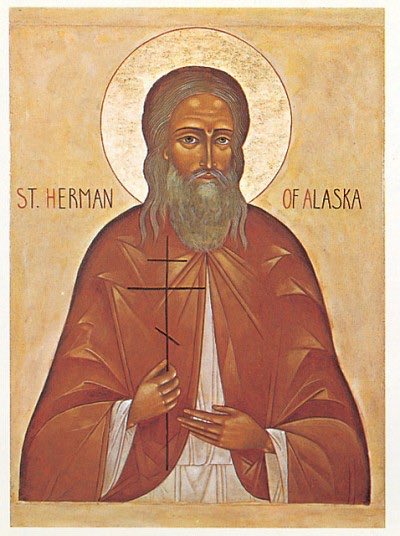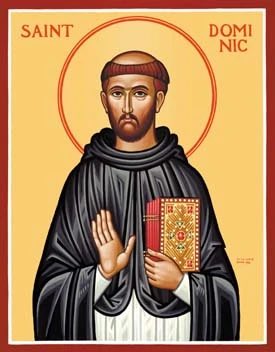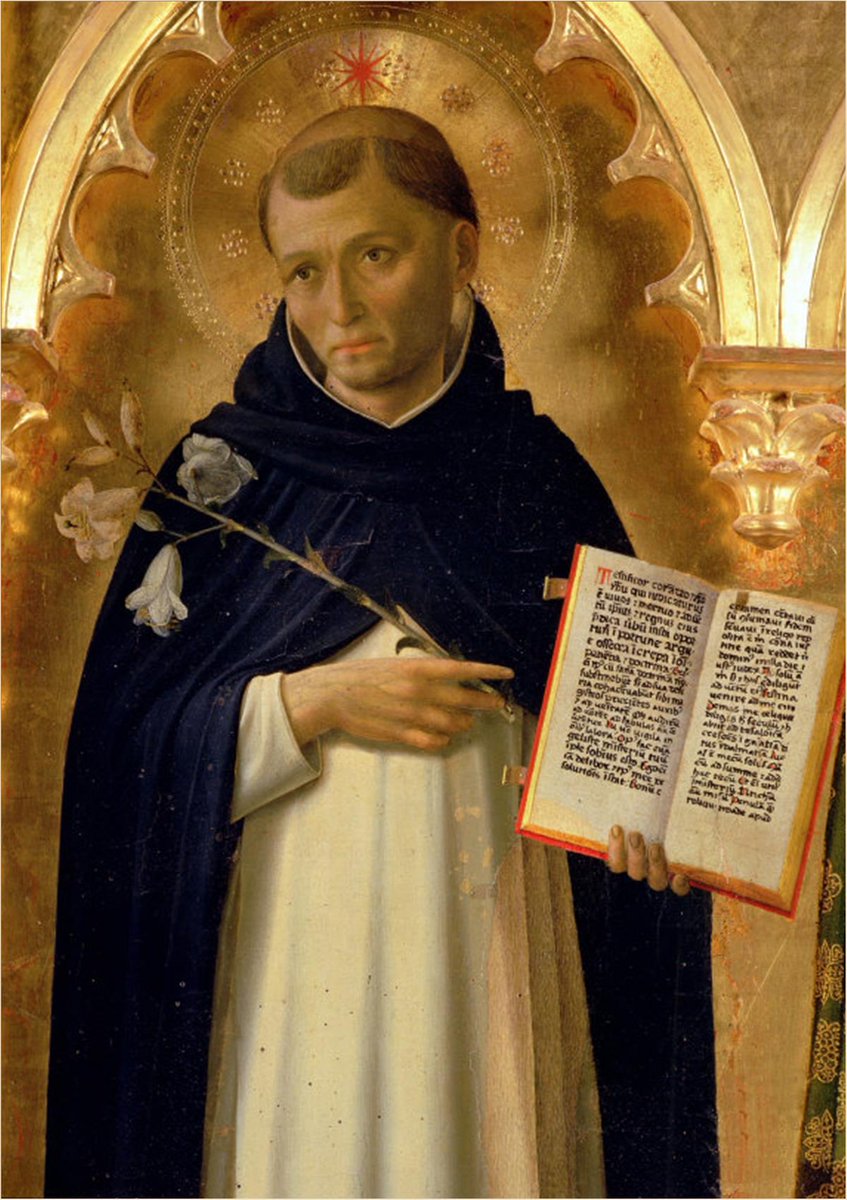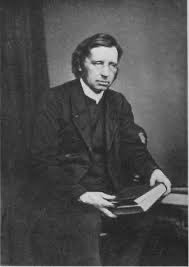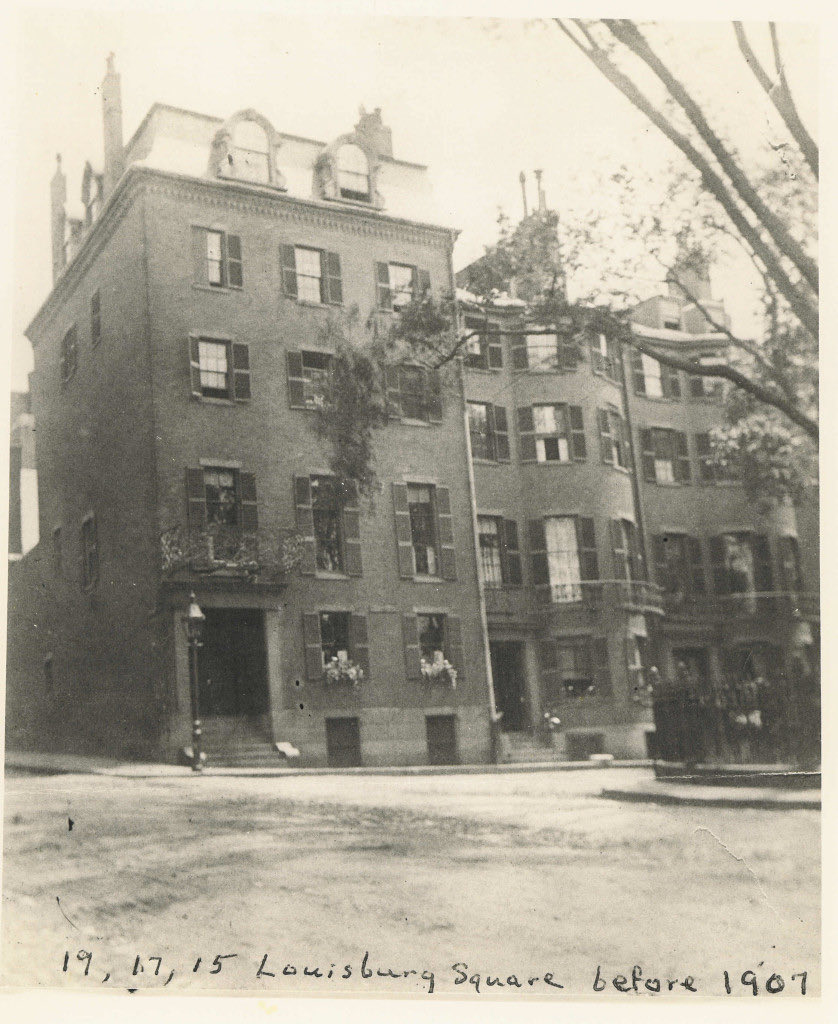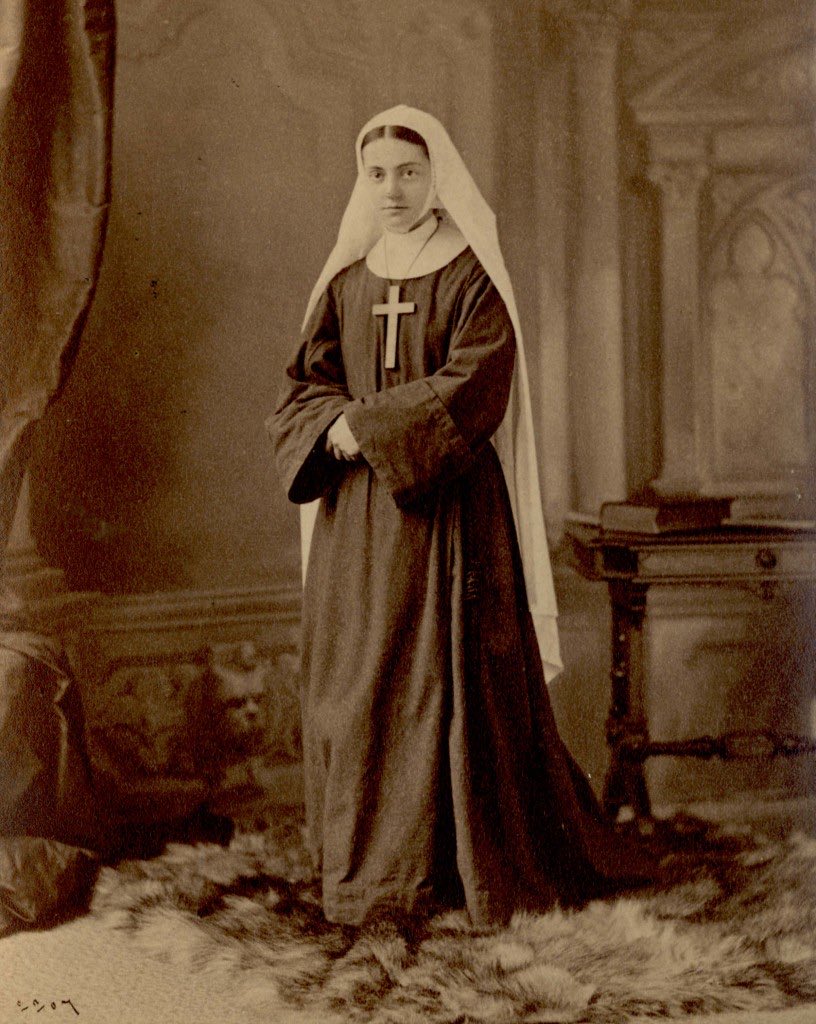🌅
Good morning!
✝️🧵
1/
Today in The Daily Office, we remember Clare of Assisi.
She was an Italian noblewoman who became the founder of the Order of Poor Ladies, known for her devotion to a life of radical poverty and prayer, her leadership as abbess of San Damiano, and her role as one of the first followers of St. Francis of Assisi.
Good morning!
✝️🧵
1/
Today in The Daily Office, we remember Clare of Assisi.
She was an Italian noblewoman who became the founder of the Order of Poor Ladies, known for her devotion to a life of radical poverty and prayer, her leadership as abbess of San Damiano, and her role as one of the first followers of St. Francis of Assisi.
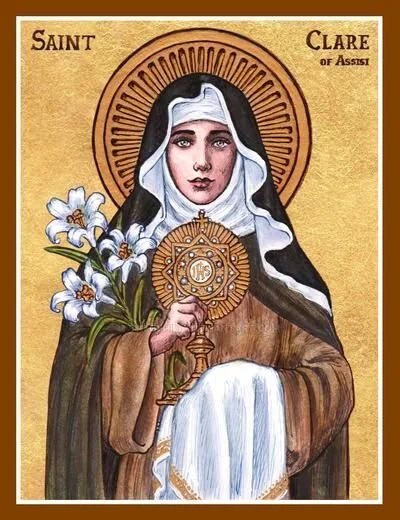
2/
“We become what we love and who we love shapes what we become. If we love things, we become a thing. If we love nothing, we become nothing. Imitation is not a literal mimicking of Christ, rather it means becoming the image of the beloved, an image disclosed through transformation. This means we are to become vessels of God's compassionate love for others." - Clare of Assisi
“We become what we love and who we love shapes what we become. If we love things, we become a thing. If we love nothing, we become nothing. Imitation is not a literal mimicking of Christ, rather it means becoming the image of the beloved, an image disclosed through transformation. This means we are to become vessels of God's compassionate love for others." - Clare of Assisi
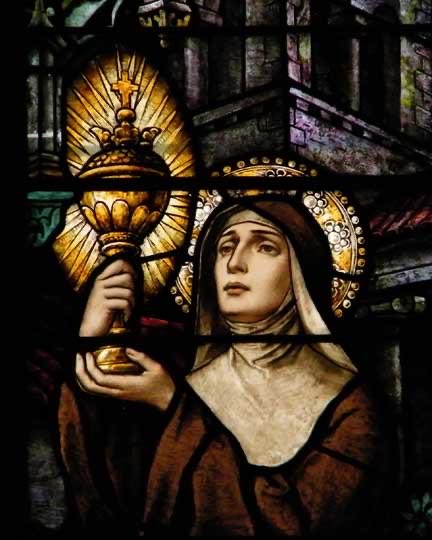
3/
Clare of Assisi (1194-1253) was one of the first followers of St. Francis of Assisi and founded the Order of Poor Ladies, later known as the Poor Clares
She embraced a life of radical poverty and prayer, rejecting her noble upbringing to live in service of Christ
Clare wrote a Rule for her order emphasizing absolute poverty, which was approved by Pope Innocent IV just before her death
Clare of Assisi (1194-1253) was one of the first followers of St. Francis of Assisi and founded the Order of Poor Ladies, later known as the Poor Clares
She embraced a life of radical poverty and prayer, rejecting her noble upbringing to live in service of Christ
Clare wrote a Rule for her order emphasizing absolute poverty, which was approved by Pope Innocent IV just before her death
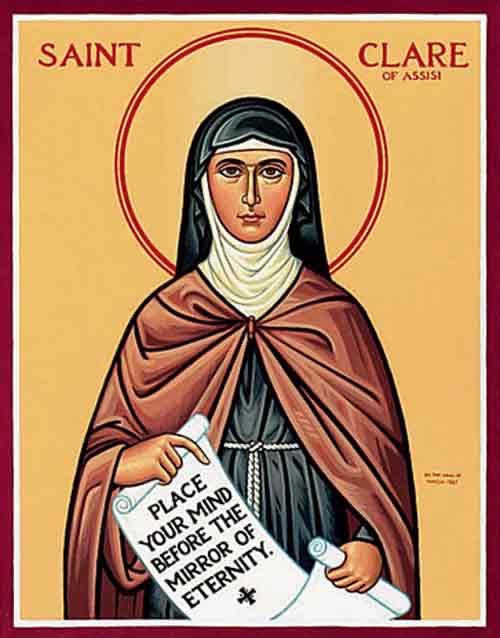
4/
She is credited with saving Assisi from invaders twice through her fervent prayers before the Blessed Sacrament
She is credited with saving Assisi from invaders twice through her fervent prayers before the Blessed Sacrament
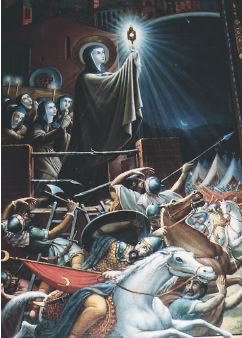
5/
Clare cared for St. Francis in his final illness and continued his work after his death, writing letters to encourage other abbesses across Europe
Clare cared for St. Francis in his final illness and continued his work after his death, writing letters to encourage other abbesses across Europe
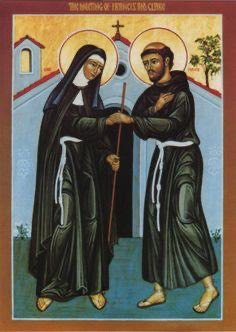
6/
She was canonized just two years after her death and is considered a model of Franciscan spirituality and devotion to the Eucharist
She was canonized just two years after her death and is considered a model of Franciscan spirituality and devotion to the Eucharist
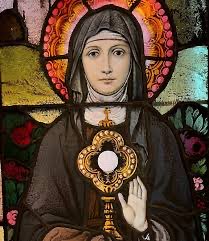
@threadreaderapp unroll
🧑🧑🧒🧒We’re a church without a building right now.
🙋🏻♂️Can you help us?
⛪️We can do so much more to bring people to Jesus and to serve the community if we had a building of our own.
🥅Please donate or share to reach our goal.
Thank you.
🙏🏻
👉🏻 democracythree.org/saveachurch
🙋🏻♂️Can you help us?
⛪️We can do so much more to bring people to Jesus and to serve the community if we had a building of our own.
🥅Please donate or share to reach our goal.
Thank you.
🙏🏻
👉🏻 democracythree.org/saveachurch
• • •
Missing some Tweet in this thread? You can try to
force a refresh


